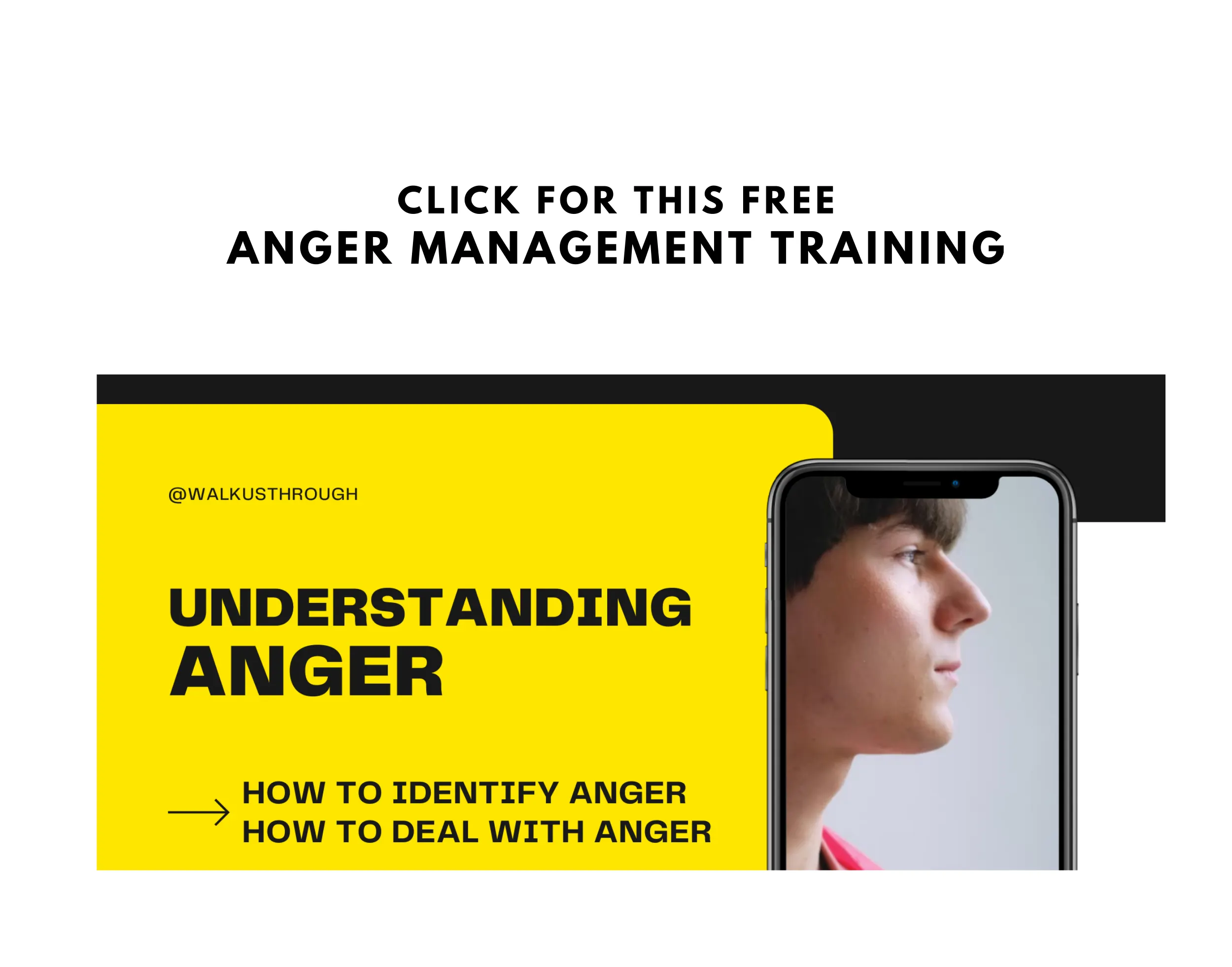3 Mistakes to Avoid After Confronting Your Spouse's Infidelity - 3 Essentials to Fix Your Relationship Problems

You are wondering if there is a way to fix your relationship problems especially since things are not the same between you. You used to be able to laugh with each other and have fun together. But now there is anger, isolation and emotional distance. (See this FREE Anger Training)
Perhaps you have tried to get your significant other to talk about the problem(s) but you often end up arguing. Sometimes the arguments start out being about little things then escalate to the point where you wonder if the relationship is worth the stress! Now you are at your wit’s end and wondering if it's worth trying to save the relationship.
Perhaps you found out about your significant other's infidelity. You had suspicions and then you found out for sure that he/she was cheating. Perhaps you've confronted your partner, and now the reality of the situation is hitting you all at once.
You are feeling overwhelming pain and anger. Your marriage/relationship is not what you thought it was. Your spouse/significant other lied to you many times about where he/she was, and who he/she was with. Now you are questioning, “is my relationship just a big lie?”
Perhaps you feel betrayed. You wonder, “how could my spouse/significant other be with someone else?” “Especially after I’ve been 100% faithful throughout the relationship!” Now you find yourself feeling angry often, or perhaps your spouse/significant other is also angry. Anger is often what is shown because anger is the emotion that is easiest to access. See this FREE training to help you Understand the Anger.
If there was cheating. there are other nagging questions that can’t seem to leave your mind. “Does this person really love me if he/she cheated on me?” “What makes him/her want to be with someone else after all that we’ve been through together?” “After all I’ve sacrificed, how could he/she do this to me?” “What kind of person cheats?”
Even though you are asking these questions, you are not sure you can trust his/her answers. After all as the saying goes, “once a cheater, always a cheater.” Even though you are not sure this saying is true, you wonder, “how can we move forward after this?” Also, “how am I supposed to deal with this?”
You ask yourself these questions because, while you want your relationship, you don’t want to be thought of as a fool. You are not alone in feeling this way.
The National Institute of Health (NIH) estimates that approximately 25% of marriages experience infidelity, and that infidelity may be more likely to occur in response to pandemic stressors. But the fact that cheating is fairly common does not mean it is less painful.
If your desire is to work on your relationship, the following are 3 mistakes you must avoid when dealing with your spouse's infidelity:
Mistake #1 – Avoid Pretending Things are Now Okay
Just because you have confronted your spouse’s cheating, does not mean things are okay. In fact, if the problems are not properly addressed things are likely to get worse. Why is that? Because now that you have confronted your spouse, he/she may be feeling tremendous remorse, guilt, self-disappointment, anger and/or shame. Unfortunately, when people predominantly feel bad, they tend to make poor choices. See this FREE Anger Training that further explains this.
The belief that things are now okay comes from the common misconception that the cheating itself was the problem. But what we know about relationship dynamics is that the cheating is usually a symptom of the problem. If the problem is not addressed, your spouse will continue to respond to you from self-defeating emotions that are likely to lead to bitterness and resentment. Pretending things are okay takes you away from realizing the solid relationship you desire.
Mistake #2 – Avoid Trying to Control Your Spouse
Another mistake to avoid is trying to control your spouse/significant other. Such actions include: checking his/her phone, reading his/her emails, asking a litany of questions when he/she goes out the house, and following him/her to see if he/she is really going to work, etc. Often this is done out of a belief that if you knew where your partner was, who he/she was with, what he/she was doing etc., you would be able to protect yourself from getting hurt again. But that is an illusion.
When you try to control your partner, after a while you become insecure, controlling, resentful, even more angry and exhausted. And even after trying so hard to control what your spouse does, you eventually realize that you can’t really control another person’s actions. Trying to control your significant other, moves you away from having the relationship security you are yearning for.
Mistake #3 – Avoid Trying to Control the Other Woman/Man
The third mistake you should avoid is trying to control the other woman/man. This includes calling, texting or contacting him/her in person, or on social media.
The most fundamental reason this is a mistake is that when you spend time and effort going after the other woman/man, you are taking your focus off what is really important (your intimate relationship!). Also, in going after the other woman/man, you are placing value and importance on someone who really does not have the power to change your relationship for the better. That power lies in the hands of you and your significant other.
Another reason this is a mistake is because you can’t control others! You may spend a lot of time and effort telling the other person what you want him/her to do, but the bottom line is that the other woman/man will end up doing whatever he/she wants to do. This leaves you feeling frustrated, even more angry and desperate. Trying to control the other woman/man, is certainly stressful and disempowering, and moves you farther away from the relationship happiness that you are yearning for.
Here’s the Answer – Fix the Intimacy Issues in Your Relationship
Since your relationship belongs to you and your partner, it is better to spend your time and energy fixing the problems between you. In order to do this, you will need to:
- Find out what are the problems in your relationship so you can fix them
- Get good at communicating with your partner so you can get the real answers to your crucial questions
- Repair the trust that has been broken in the relationship, while building the passion and intimacy in the relationship
If you are ready to fix the problem(s) and have the relationship you desire, check out our online personal development course entitled:
Conflict Resolution – Moving From Isolation To Intimacy.
This is an online course, therefore, you can go at your own pace. Also, you can conveniently view the course either on your own or with your partner on a mobile, tablet, computer or smart tv device.
The course will help you discover the problems in your relationship and show you how to fix them. It will let you know the right words to say and what to do to improve the communication. Specifically, the course will help you in these 3 ways:
1. Reveal Effective Conflict Resolution Skills
Often times a fundamental issue affecting your relationship is that there are layers of conflicts that have not been resolved. Some of these conflicts have been going on for years, with newer conflicts piling on top. In order to fix the problem, it is crucial that you learn the skills necessary to identify and resolve the actual problems.
This course contains modules that break down how you are unknowingly, contributing to the relationship problems. After telling you what you are doing wrong, it then shows you how to correct it, for good.
2. Uncover Effective Communication Skills
Think about the last argument you had with your partner. How did you feel about yourself after that argument? Perhaps you felt very angry, or perhaps you just cried because it was clear that your partner just did not get you.
Now imagine that you have learned the right words to say, and what to do during an argument. Then, imagine having an argument about the same thing, only this time, you have learned and implemented the effective communication skills. Now your partner can really hear you and understand where you are coming from. And now after having that argument, you can relax and even laugh with your partner because you feel heard, valued, and understood! This is power of effective communication!
3. Show How to Build the Intimacy In Your Relationship
Often, painful experiences such as infidelity or verbal put downs can adversely impact the intimacy in the relationship. This is because when your feelings are hurt it causes incredible pain, anger, and leads to the erosion of trust in the relationship. When trust is broken, it cripples the intimacy in the relationship.
Intimacy is not the same as sex. Sex is intercourse between two people, while intimacy is the degree to which you are able to let your emotional guard down and be vulnerable with your partner. The ideal situation is for you and your partner to have sex as frequently as you both desire, while also having the level of intimacy, passion, and emotional connection that makes you greatly enjoy being together.
This course is powerfully designed to fix your relationship and show you how to build trust even after years of emotional hurt, while increasing the intimacy and passion in your relationship.
Conclusion
When infidelity occurs in a marriage/intimate relationship it causes a lot of anger and pain. Often, the pain and anger are so overwhelming that you end up making 3 mistakes that further harm your relationship.
Making the mistake of pretending things are OK, trying to control your spouse/significant other, or trying to control the other woman/man, results in your feeling frustrated, resentful and exhausted. Instead, work on finding out the real problem(s) in your marriage/relationship, get the answers to your crucial questions, and build the trust and intimacy in your relationship.
Our online personal development course will give you the guidance you need to get the solid relationship you desire, i.e., conflict resolution skills, communication skills and intimacy building skills.


